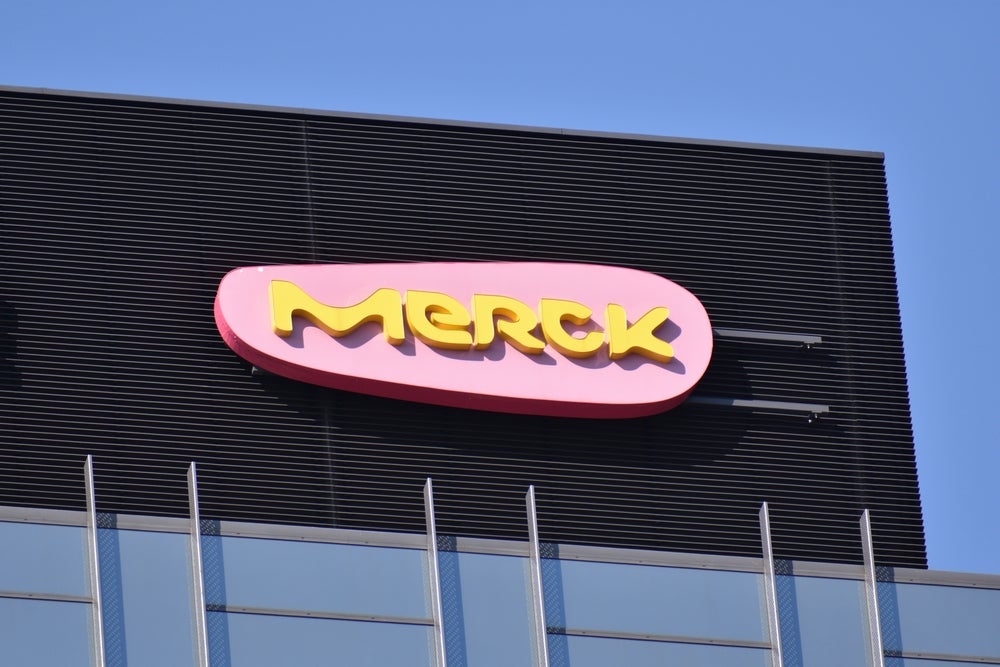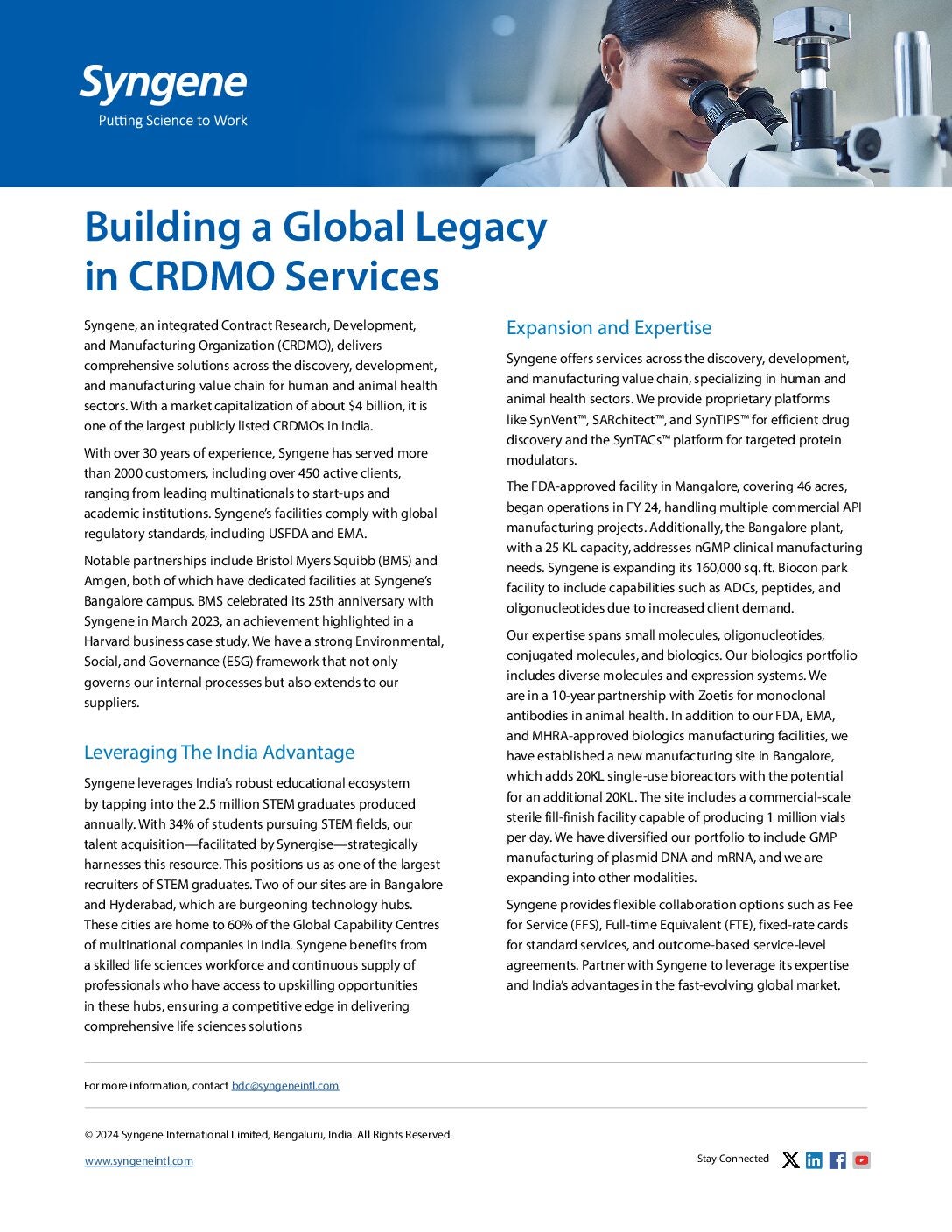
Merck KGaA (Merck) is expanding its oncology portfolio after it partnered with Chinese company Jiangsu Hengrui Pharmaceuticals to bring two of the latter’s assets to market.
Merck will pay $169.35m (€160m) upfront for the exclusive licence rights to develop, manufacture and commercialise Hengrui’s HRS-1167 – a potent and selective PARP1 (poly (ADP-ribose) polymerase 1) trapping inhibitor. The deal also includes the option of an exclusive licence that will give the German company the same rights for the Claudin-18.2 antibody-drug conjugate (ADC) SHR-A1904.

US Tariffs are shifting - will you react or anticipate?
Don’t let policy changes catch you off guard. Stay proactive with real-time data and expert analysis.
By GlobalDataThe deal gives Merck worldwide rights to the assets outside of China. However, the company also has the option to co-promote both candidates in China. In addition to the upfront payment, Hengrui could be in line for further payments linked to meeting development, regulatory and commercial milestones, with the deal potentially rising to $1.48bn (€1.4bn).
Hengrui’s HRS-1167 is a DNA damage response inhibitor drug. It works by inhibiting PARP1, an enzyme important in DNA repair pathways. This class of drug has applications in oncology by speeding up the fate of cancer cells with faulty DNA.
In a 30 October statement announcing the deal, Merck stated that HRS-1167 has demonstrated positive clinical activity in Phase I trials. Merck added that, in addition to a monotherapy, the candidate has the potential to be used in combination with other anticancer therapies, increasing its range of applications. According to Merck, it is researching inhibiting multiple targets in the DNA damage response cascade.
In addition to acquiring rights to company drug candidates, Merck is targeting cancer treatment research through partnerships with institutions. In September 2023, Merck renewed a strategic collaboration with the UK’s Institute of Cancer Research to develop small-molecule inhibitors of a new class of cancer targets.
Merck’s chief medical officer Danny Bar-Zohar said: “This partnership with Hengrui fully aligns with both our external innovation ambition and our oncology research and development strategy by diversifying our robust internal pipeline in our focus areas of DNA damage response inhibition and antibody-drug conjugates.”






